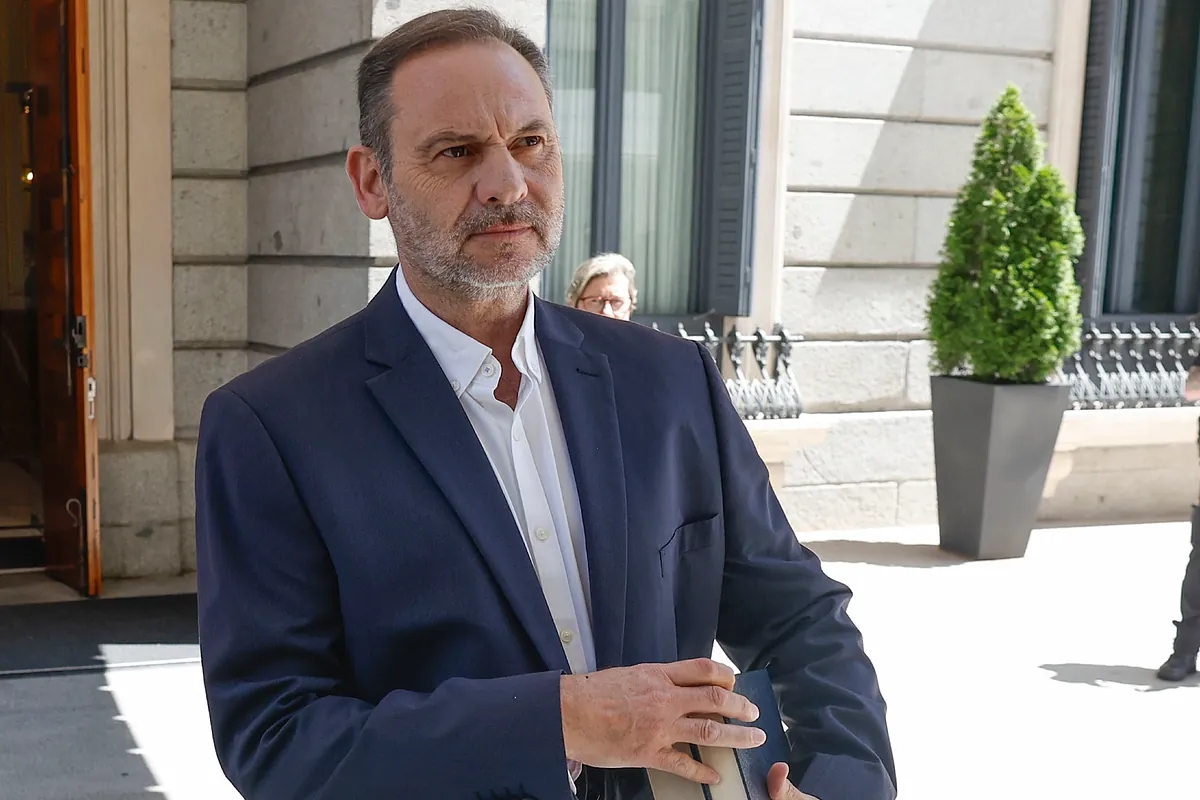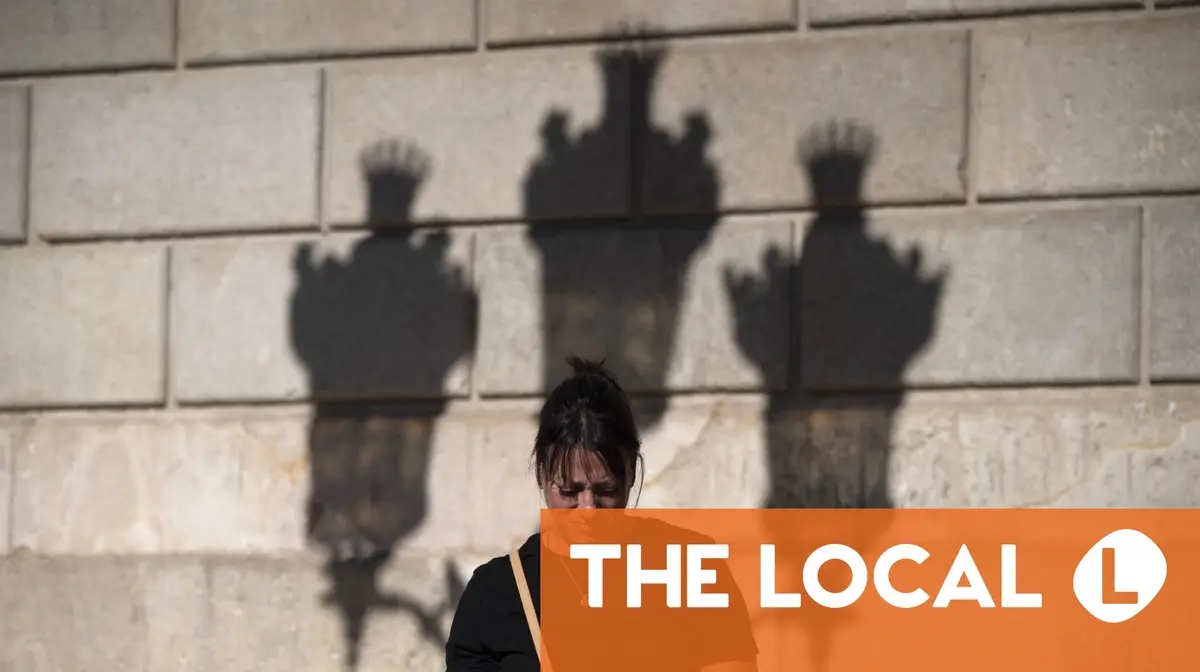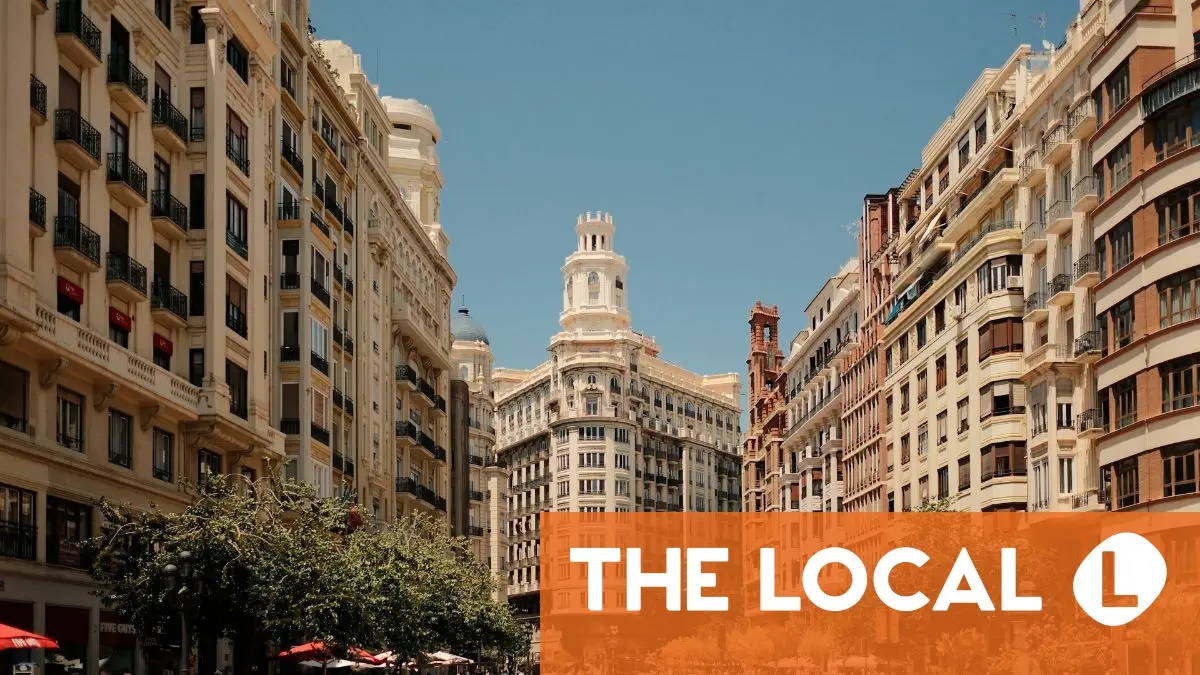The Supreme Court proposes to try Ábalos, Koldo and De Aldama for the mask contracts

Supreme Court Justice Leopoldo Puente has proposed bringing former Transport Minister José Luis Ábalos, his former advisor Koldo García, and businessman and alleged commission agent Víctor de Aldama to trial for the part of the investigation focused on irregular mask contracts.
The magistrate of the Criminal Chamber Leopoldo Puente has today issued an order for abbreviated proceedings against the former Minister of Transport José Luis Ábalos, the former advisor of the previous Koldo García Izaguirre, and the businessman Víctor de Aldama , in the initial part in which the irregular contracts of masks during the Covid pandemic have been investigated, among other matters, facts provisionally classified as bribery, belonging to a criminal organization, influence peddling and embezzlement of public funds.
The investigating judge issued this Monday (the day the trial of the Attorney General of the State for alleged disclosure of secrets begins in the Supreme Court ) an order to proceed to abbreviated proceedings (equivalent to prosecution) for alleged crimes of bribery, membership in a criminal organization, influence peddling and embezzlement of public funds .
The instructor believes that the three "conspired, very shortly after the first one took office as Minister of the Government of Spain, to, taking advantage of this circumstance and the natural influence he projected, benefit economically from the awarding of contracts that could be made in the field of Public Administration, as well as to take advantage for their economic benefit as many opportunities as could arise to do so by making use of said valuable influence."
In his ruling, the investigating judge forwards the proceedings to the Public Prosecutor's Office and the representatives of the public prosecutions so that, within a common period of ten days, they may request the opening of the oral trial by formulating a written accusation or the dismissal of the case or, exceptionally, the carrying out of supplementary proceedings.
Throughout 47 pages, the judge outlines the evidence of crime against the three individuals investigated in the main branch of the so-called Koldo case, which in turn split into a separate case where the three are also charged, along with the former number 3 of the PSOE, Santos Cerdán, for the alleged distribution of commissions in public works contracts.
The judge points to a "concert of wills among the investigated parties," who, "taking advantage of Ábalos's position" in the Government, "agreed" that they could favor the public contracting of certain companies introduced by Aldama "in exchange for the corresponding economic benefit" for the three of them.
Puente has taken this step after deciding last September to divide the case, leaving the investigations related to mask contracts in the main case and dedicating the separate case to the alleged scheme of collecting commissions in exchange for public works.
At that time, the magistrate already warned that the part of the investigation relating to public works was in a "very incipient" phase, but the part related to the mask contracts was very advanced, "making the prompt termination of the corresponding instruction phase" to that main part foreseeable.
Now, the instructor maintains that "there are very consistent indications , based on the facts that are declared as provisionally justified, that De Aldama made successive deliveries of amounts of money to the also investigated José Luis Ábalos and Koldo García, in order and with the purpose that they would carry out acts contrary to the duties inherent to their respective public offices."
Similarly, he asserts that there are also indications that Ábalos and Koldo "received these financial rewards, in execution of the criminal project that united them all, and as consideration for these disloyal conducts."
According to Puente, in this alleged scheme De Aldama was in charge of " locating companies or individuals who were willing to make the corresponding payments to contact or contract with the Administration, thereby obtaining an economic benefit for himself."
For his part, he points out that Koldo, "taking advantage of his position as advisor to the minister and the absolute trust of the latter (which his knowledge of the group's plans provided him) was in charge of carrying out the appropriate ordinary procedures that, in each case, were necessary; reserving the personal intervention of the minister for when his signature or his direct influence were indispensable."
Expansion


